We’re back for another round of what is that skincare ingredient and why do I need it right this second? Today, we're honing in on hyaluronic acid, and we've even managed to wrangle Go-To Formulations Wizard, Ingrid, to help us out with the science-y side.
You’ve no doubt heard of it but what really is it? How does it help your skin? And what’s the deal with it having “acid” in the name? Keep reading, you curious crab.
What Is Hyaluronic Acid?
Hard to spell! (And say..)
Ingrid explains, “hyaluronic acid is actually a sugar molecule that occurs naturally in the skin and joints.”
Basically, hyaluronic acid works as structural support and water nabber. It’s a molecule that attracts, binds and holds moisture. It's a humectant and a master hydrator; making it an essential in your skincare routine for the dewy, bouncy and plump skin you’re craving.
How Does It Benefit The Skin?
It quenches thirsty skin!
Hyaluronic acid is a tall glass of ice-y water, but for your skin. Because of the molecular weight of hyaluronic acid, it’s able to easily penetrate the skin and get to work attracting and holding moisture. After absorbing into the skin, hyaluronic acid will hang out there and continue to draw and hold water.
It repairs a sad skin barrier!
Your skin barrier is super important, but quite fragile. Harsh weather, strong products, and underlying skin conditions can lead to small breaks in the skin’s protective barrier. When this happens, moisture escapes, leaving your skin sore, dry and dehydrated.
Ingrid filled us in, “hyaluronic acid promotes a hydrated environment. Under these conditions your skin’s own regenerative capabilities are supported.”
On this, adding a hyaluronic acid into your routine before your moisture barrier is damaged, will help to protect the skin and prevent any irritation occurring.
It plumps worn-out skin!
As I’ve mentioned about 130,851 times, hyaluronic acid attracts water to your skin, and as you can imagine, this makes for seriously juicy skin.
When your skin is protected and hydrated, it can really shine and be its most radiant self. Ingrid let us know that, “optimised moisture levels not only make skin feel softer and more moisturised but can also help to plump up skin, smooth fine lines and soothe dehydrated skin.” Nice!
What Skin Types Will Benefit From Hyaluronic Acid?
Every last one! As hyaluronic acid is naturally found in our skin, topping it up is beneficial for every skin type. It’s completely non-irritating.
It’s especially useful for those on the dryer or dehydrated side, anyone with a damaged skin barrier, and more mature skin.
We also asked, Ingrid to spill on “acid” in the name. Does this mean it exfoliates your skin? Turns out: No! “Even though it has acid in its name, hyaluronic acid is not exfoliating. It’s actually a type of sugar molecule, which is why it is so good at attracting water. How sweet!”
So, our sensitive skin friends, don’t fret! It’s not really a true acid (like an AHA or BHA). It’s lovely and gentle and beneficial for all skin types.
Are There Any Ingredients You Need To Avoid With It?
Nope! Hyaluronic acid plays well with other ingredients; it can be used alongside retinoids, niacinamide, vitamin C, and chemical exfoliants.
Basically, it will slot very easily into any skincare routine.





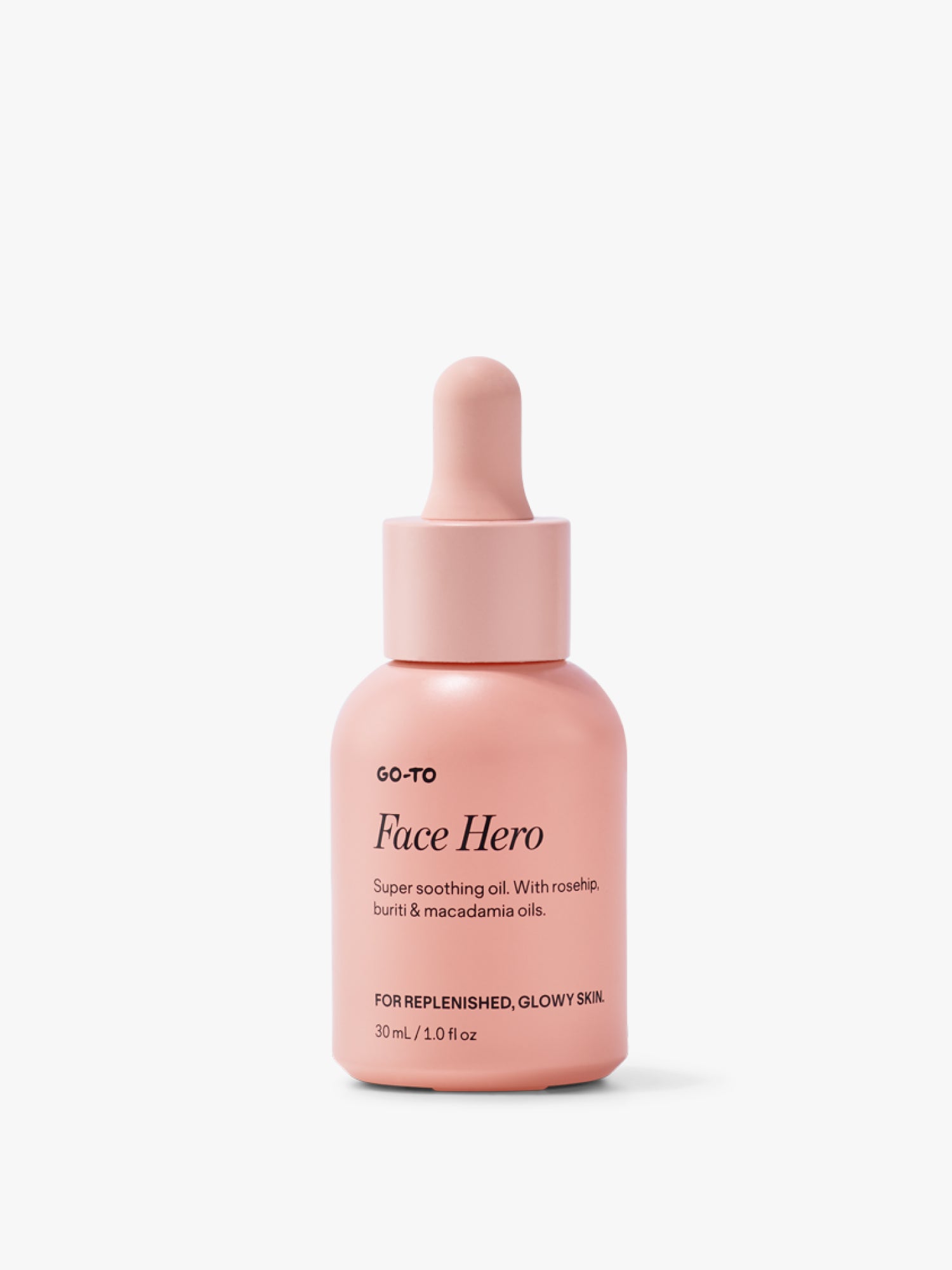
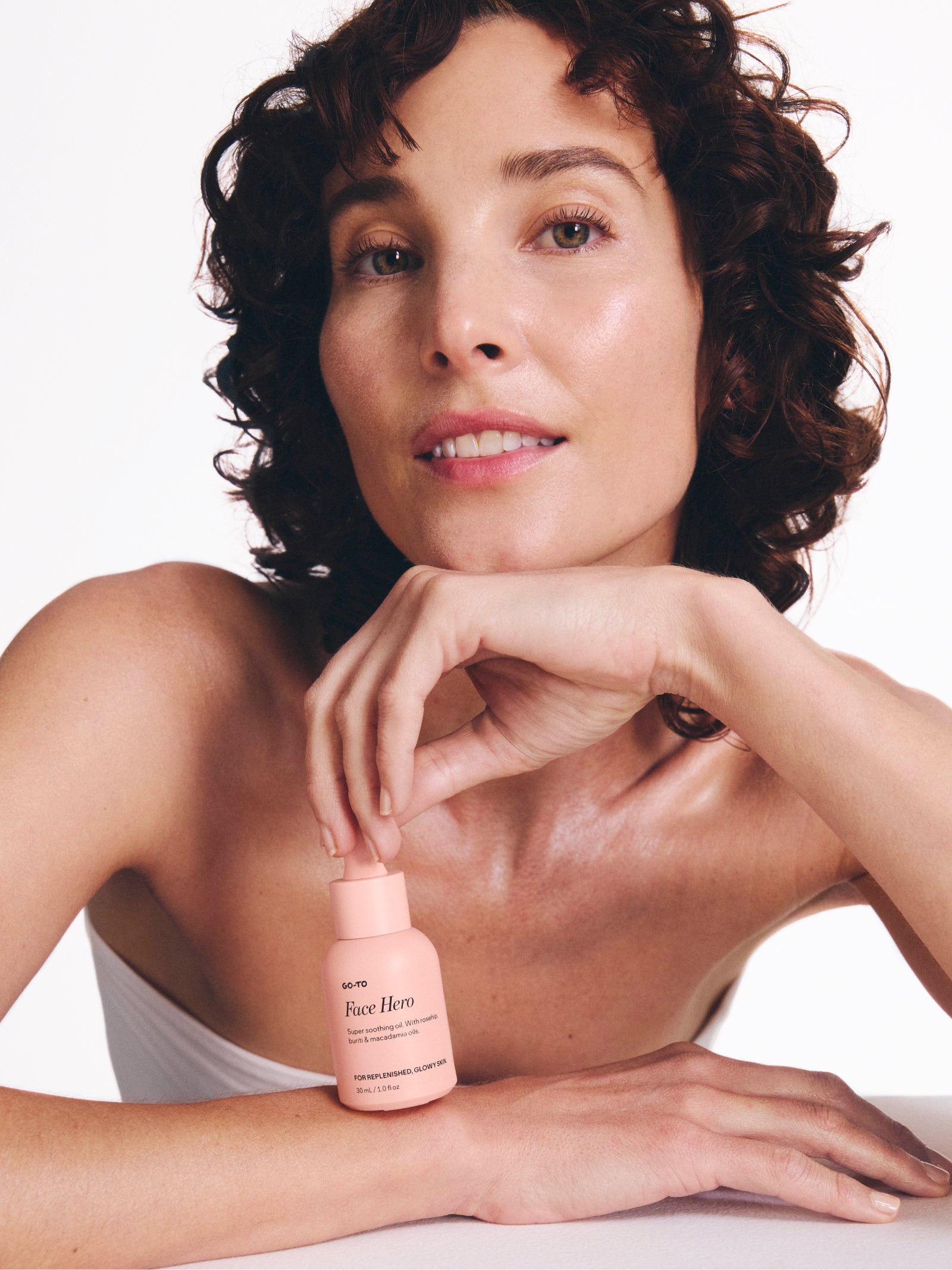
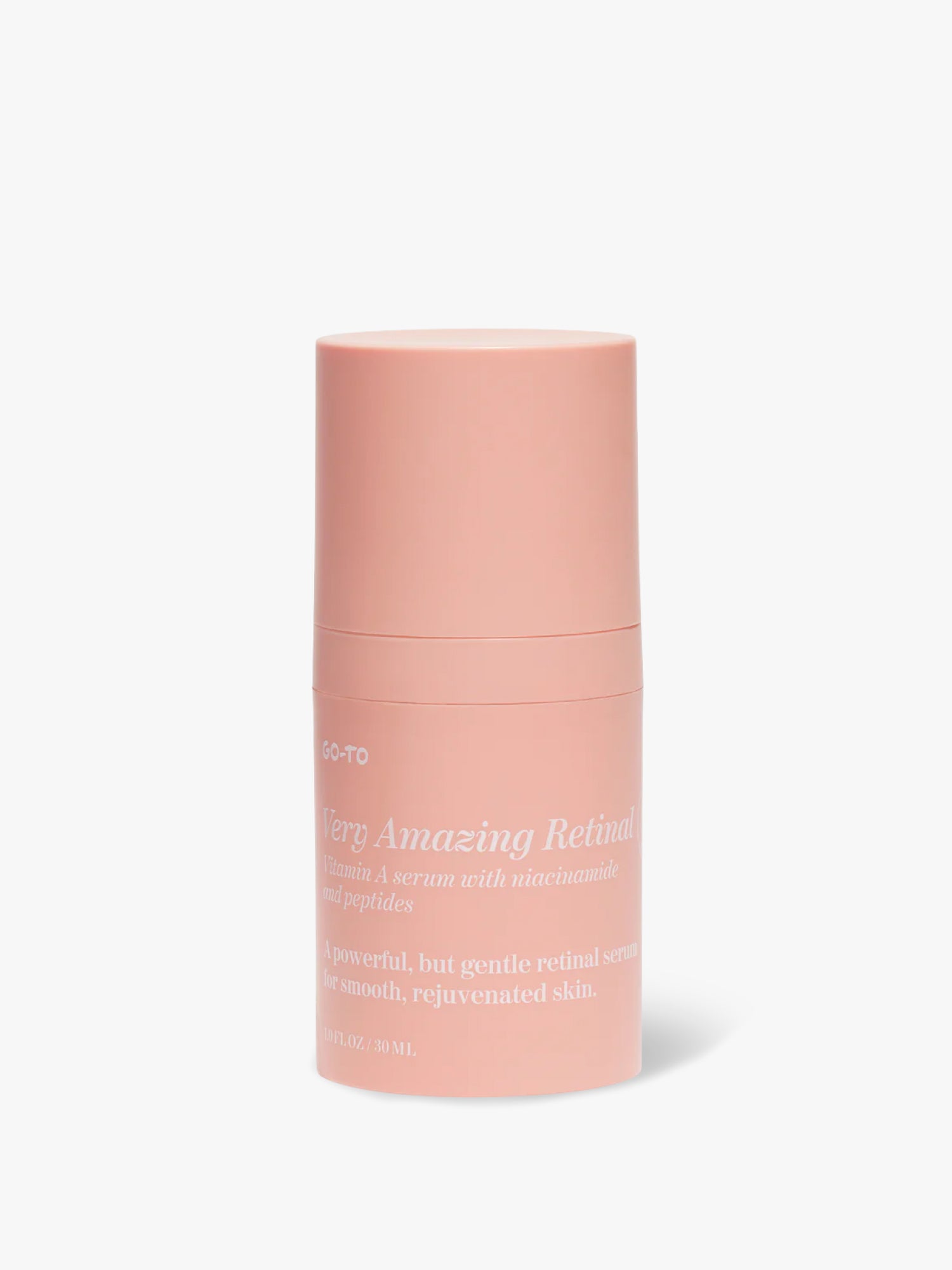



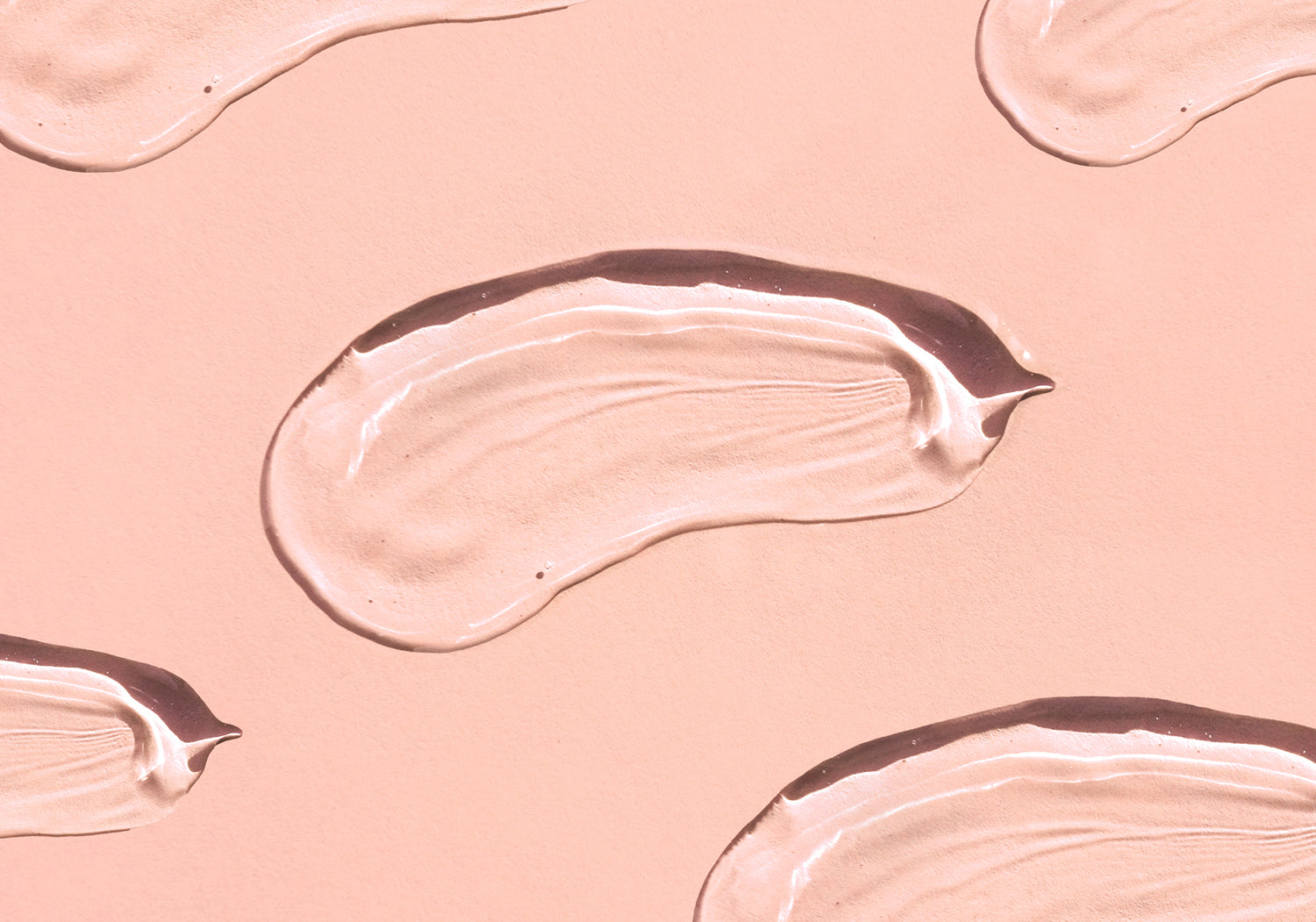
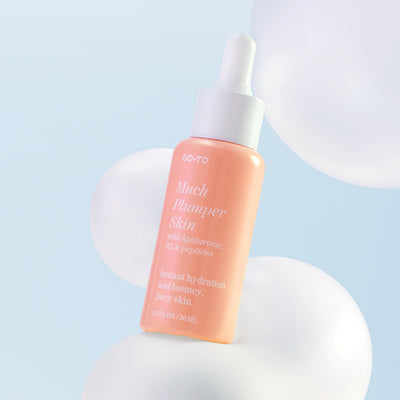
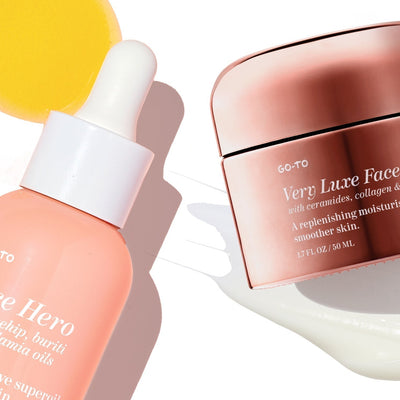
Comments